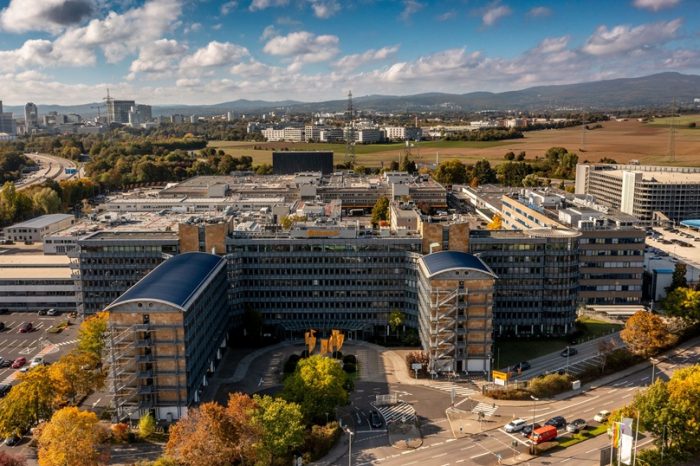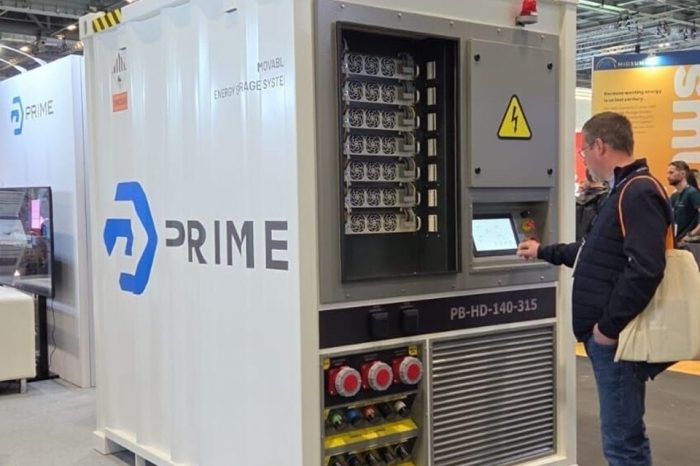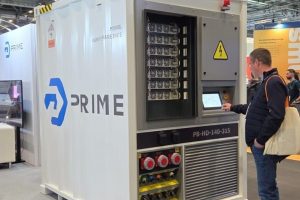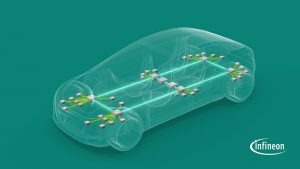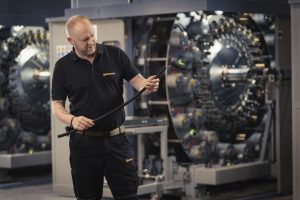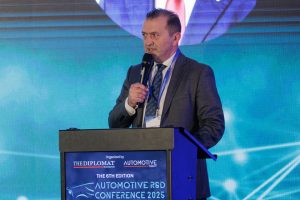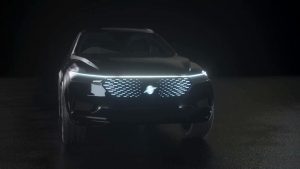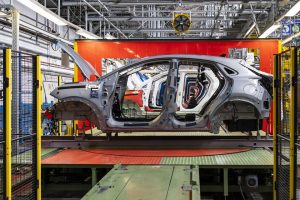Continental and Technical University of Iasi are jointly researching AI for automated driving in cities
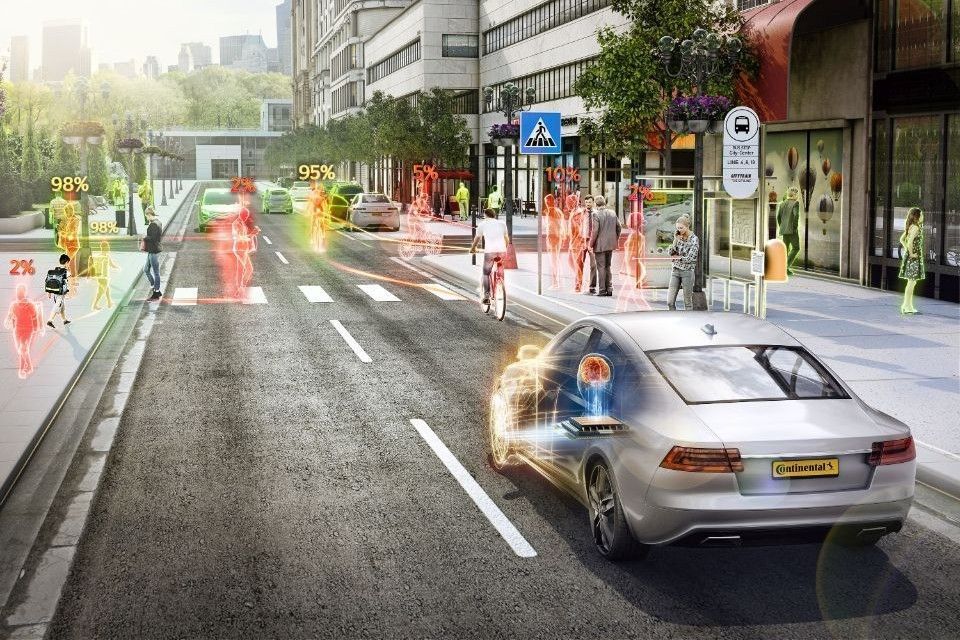
Technology company Continental is continuing the series of its PRORETA research projects, together with Technical University (TU) Darmstadt, the University of Bremen (Germany) and TU Iasi (Romania).
PRORETA 5 is dedicated to one of the most challenging tasks for automated driving: recognizing complex traffic situations in inner cities and how algorithms from sensor data can deduce the correct driving decisions in these situations. At an unregulated intersection, for example, it is a challenge to correctly interpret all objects related to the intended direction of travel – including their direction of movement, intention and priority – without human intervention. Artificial Intelligence (AI) plays a key role in this. AI methods are to be tested when the implementation of traditional approaches becomes too complex or reaches its limits. The main advantage of the AI is that, following a training period, it is able to draw its own correct conclusions based on its learning, even in unknown situations. This element is reflected in the slogan “urbAn drIving.”
The PRORETA 5 project (2019–2022), which is based on a three-and-a-half-year term, is examining the algorithms of cognition, behavior prediction and decision making in a demonstration vehicle built and equipped by Continental. At the end of the project in September 2022, the aim is to assess the performance of the new AI-based automation for the Society of Automotive Engineers (SAE) Level 4, using the widest possible range of inner-city scenarios and thus demonstrate the potential for future deployment. The algorithms based on artificial intelligence should be able to correctly recognize and interpret these types of complex traffic scenarios, resulting in correct driving decisions being made. A sub-area of this will be to observe how a human driver reduces and assesses the complexity of the environment. The learning-capable algorithms of the PRORETA 5 project will be trained in accordance with similar principles in order to achieve a driving performance comparable to that of humans.
In order to cover the individual processing steps along the active chain of automated driving with new solutions in an optimal and time-efficient manner, the current PRORETA project has been extended to an inter-university and international level.


